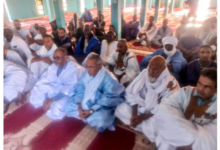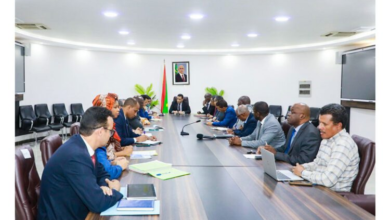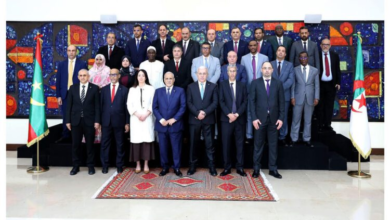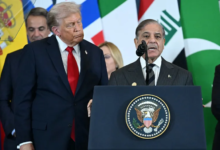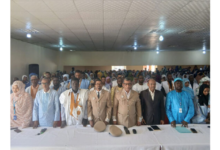Moroccan Minister Mohamed Mehdi Bensaid Renews Call for Dialogue with “Gen Z 212” Protesters Amid Widening Youth Demonstrations
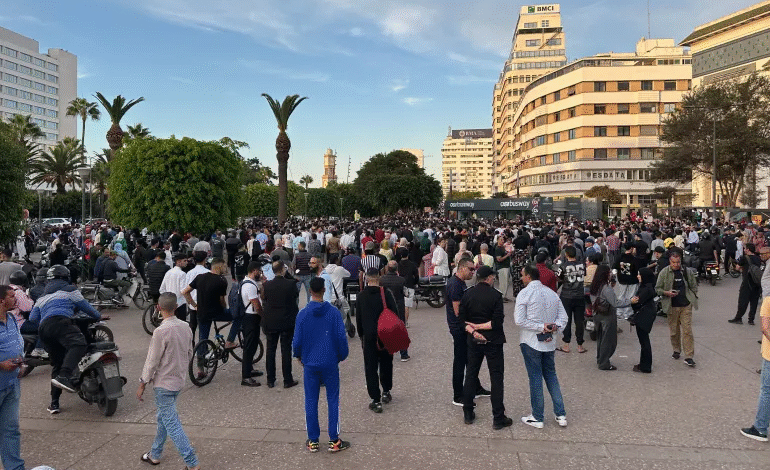
Morocco’s Minister of Youth, Culture, and Communication, Mohamed Mehdi Bensaid, has renewed the government’s invitation to members of the “Gen Z 212” movement to engage in dialogue, as nationwide youth-led protests enter their second week.
Bensaid acknowledged that the health and education crises facing the country are long-standing issues inherited from previous governments, emphasizing that the current administration is working toward practical and sustainable solutions to these challenges.
The renewed call comes as protests spread across major cities, including Rabat, Casablanca, Tangier, and Tetouan, where thousands of demonstrators took to the streets demanding an end to corruption, better job opportunities, and improved public health and education services.
The “Gen Z 212” movement — which now counts over 180,000 members on the Discord platform — insists on maintaining a peaceful approach, rejecting any form of violence, vandalism, or unrest.
Tragically, three individuals were killed by gendarmerie forces in the village of Aqliâa near Agadir, after allegedly attempting to storm a gendarmerie post to seize weapons and ammunition, according to official statements. The Ministry of Interior also reported that more than 350 people were injured, most of them members of security forces, during the demonstrations.
The Moroccan government, led by Prime Minister Aziz Akhannouch, had earlier urged protesters to engage in “transparent dialogue” and present practical proposals to address the issues raised, reiterating that peaceful protest is a legitimate right when conducted within the framework of law and order.
The movement’s name combines “Gen Z”, referring to the generation born in the late 1990s and early 2000s, with “212”, Morocco’s international dialing code, symbolizing a young generation deeply connected to its national identity yet disillusioned with the country’s socioeconomic situation.
These unprecedented protests first erupted in early October, sparked by demonstrations in Agadir in mid-September following the deaths of eight pregnant women at a public hospital during cesarean deliveries — an incident that became a powerful symbol of the failure of Morocco’s healthcare system and ignited a broader movement demanding systemic reform and accountability.

